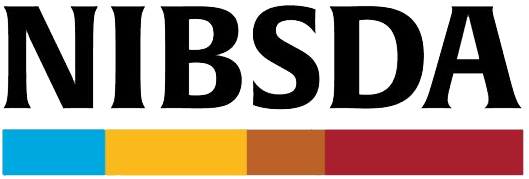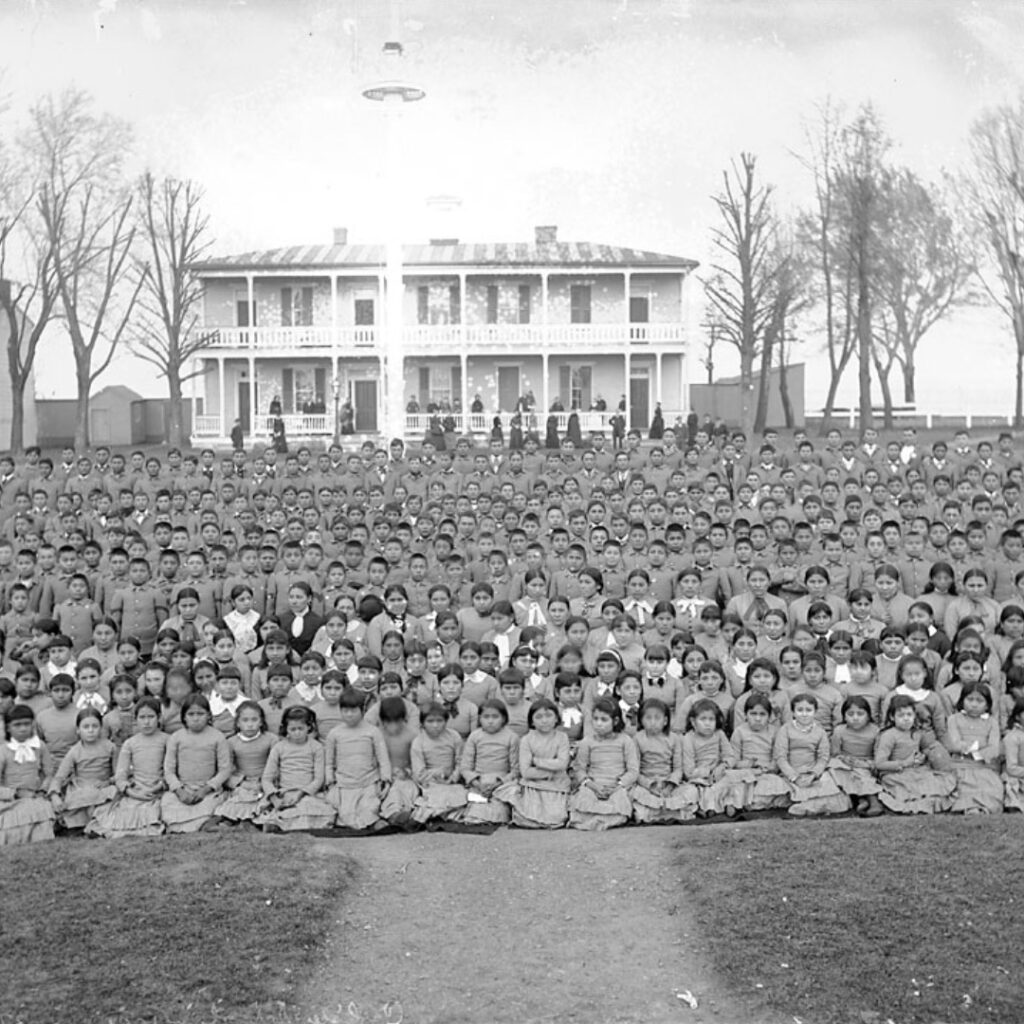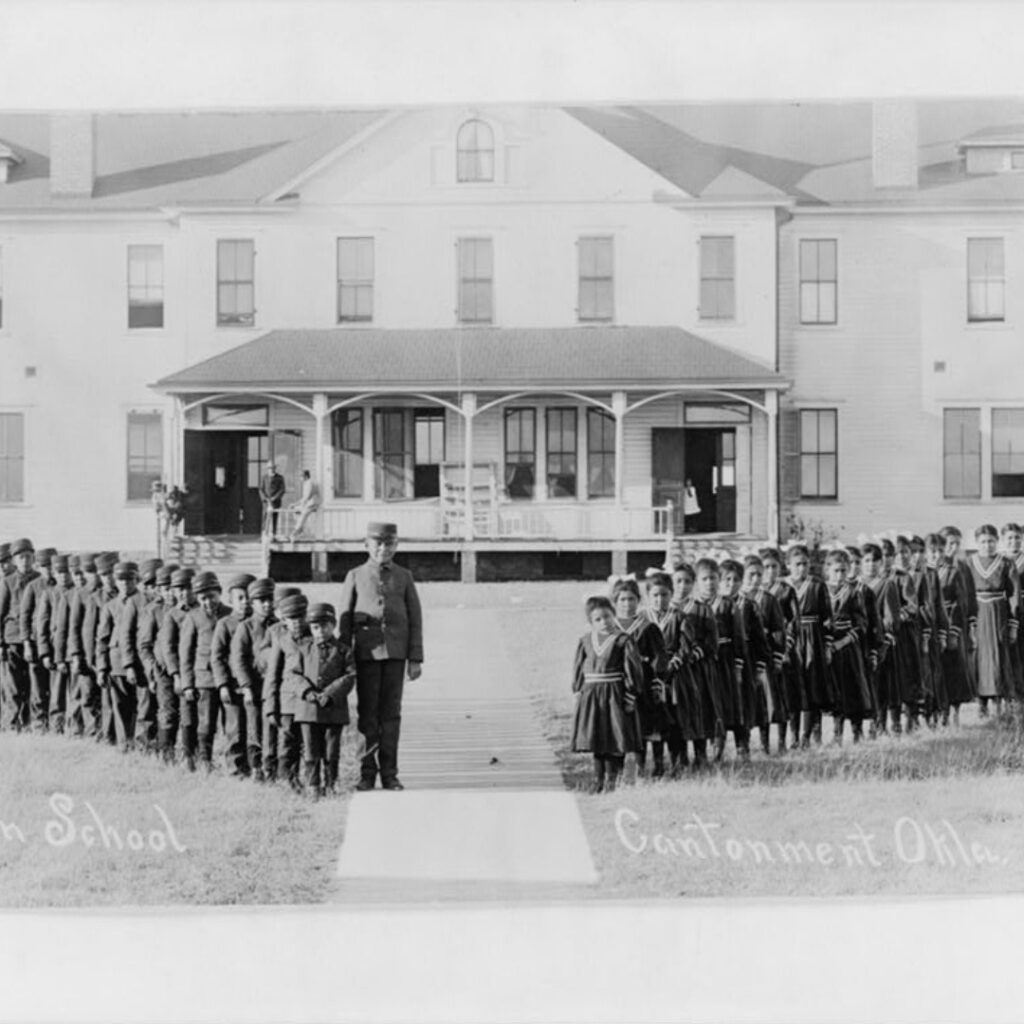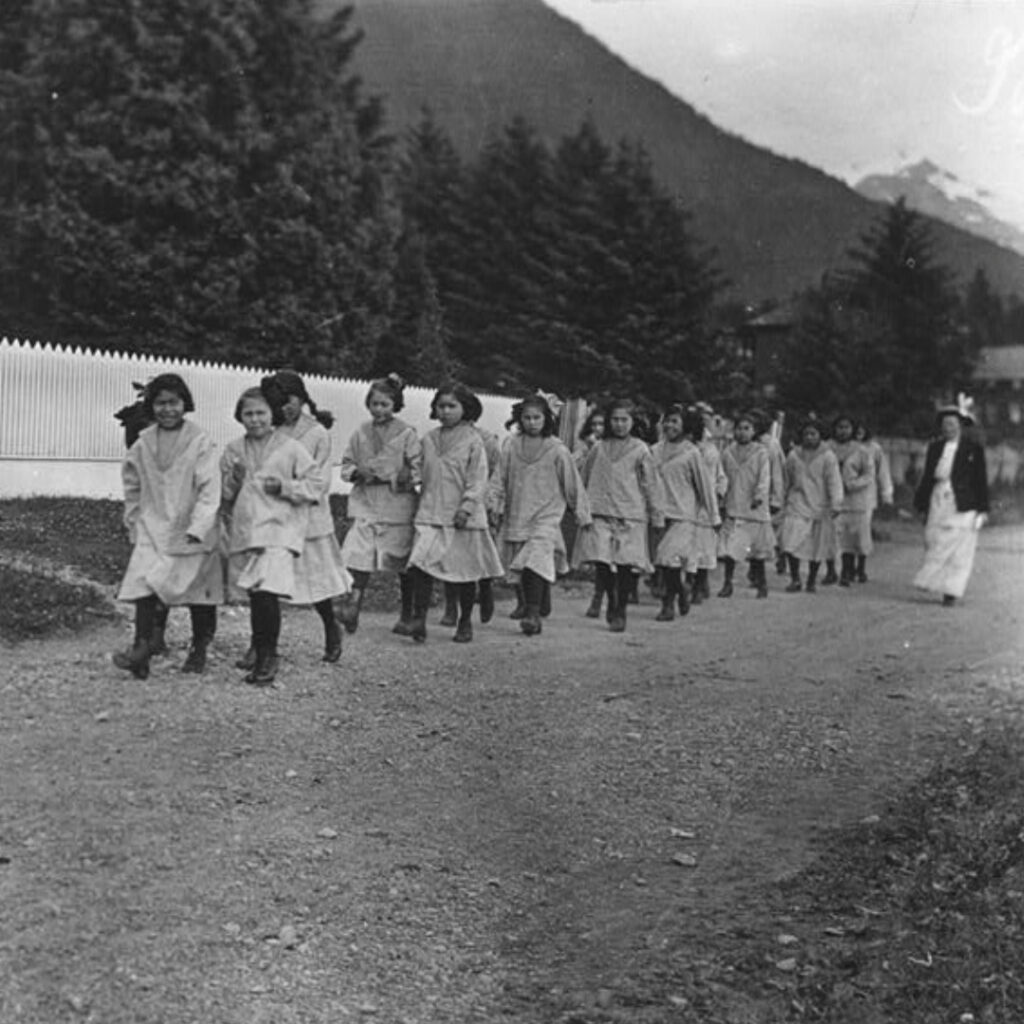
What is NIBSDA?
The National Indian Boarding School Digital Archive (NIBSDA) was conceptualized to serve as a national digital platform and digital repository for boarding school archival collections throughout the United States.
As part of truth-telling, access to boarding school records for survivors and descendants is paramount to understanding this history and its consequences on Tribal Nations.
Through cultivating historical insights, NIBSDA supports community-led healing initiatives throughout American Indian and Alaska Native Nations towards restored Indigenous cultural sovereignty.
What Does NIBSDA Do?
- It serves as a presentation platform for the records and collections that NABS digitizes in-house from a variety of national repositories who have boarding school relevant material;
- It serves as a centralized hub in the form of an aggregator that will pull in a variety of existing digital collections or digital projects from partner institutions that have or feature boarding school relevant material.
NIBSDA FAQ
NIBSDA is made publicly available.
NIBSDA features a variety of historic archival materials and other documents of historical significance related to the U.S. Indian boarding school era that include detailed documentation from Indian boarding schools, student case files, administrative records, enrollment registers, and health records. These also often contain photographs and narratives detailing daily life and education.
Other items include reference resources (e.g. finding aids, indexes, guides and pathfinders) which can assist in navigating through the extensive and complex history of US Indian boarding schools.
For more information, please see NIBSDA Collection Scope.
In addition to the 39 student indexes, NIBSDA currently features records from nine different Indian boarding schools sourced from partnerships and in-house digitization efforts. These schools include:
Pipestone (Minnesota); Cushman (Alaska); Carlisle (Pennsylvania); Genoa (Nebraska); Chemawa (Oregon); Stewart (Nevada); Mt. Pleasant (Michigan); Ft. Bidwell (California); Mt. Edgecumbe (Alaska).
Continued survey—the process of proactively inventorying and accounting for collections - of boarding school era relevant manuscripts, records, and documentation—is a key function of NIBSDA. While we have made significant progress in making these records accessible, there are numerous ongoing projects aimed at expanding the scope and depth of our archive. Digitizing records from repositories involves numerous complexities, such as locating relevant documents and adhering to varied record processing timelines, each of which requires careful coordination and resource allocation. We are committed to enhancing the accessibility and comprehensiveness of our resources, ensuring that more records from additional schools are digitized and made available for public access and scholarly research. Collections will continue to be made available on an ongoing basis.
For more information, see What's New.
NIBSDA features Student Indexes which are lists that include first and last names of students. These indexes are organized by school and at times include more information beyond names that would hopefully assist you in confirming key pieces of information about your relatives. NIBSDA also features a Research Pathfinder.
There are video tutorial resources that provide instruction and information on how best you can leverage your searches and exploration of the system. For more information, please see Quick Tips.
NIBSDA features digitized public records from the National Archives and Records Administration. In other instances, NIBSDA features digitized records from university special collections or research libraries that have been licensed for inclusion and made openly accessible in this system. By utilizing partnerships and maximizing our capacity for funding, we aim to preserve this crucial part of history and facilitate a broader understanding of the impact of Indian boarding schools.
If you represent a repository and wish to contribute to truth-telling with NIBSDA, please see our Collections Contribution Guide.



